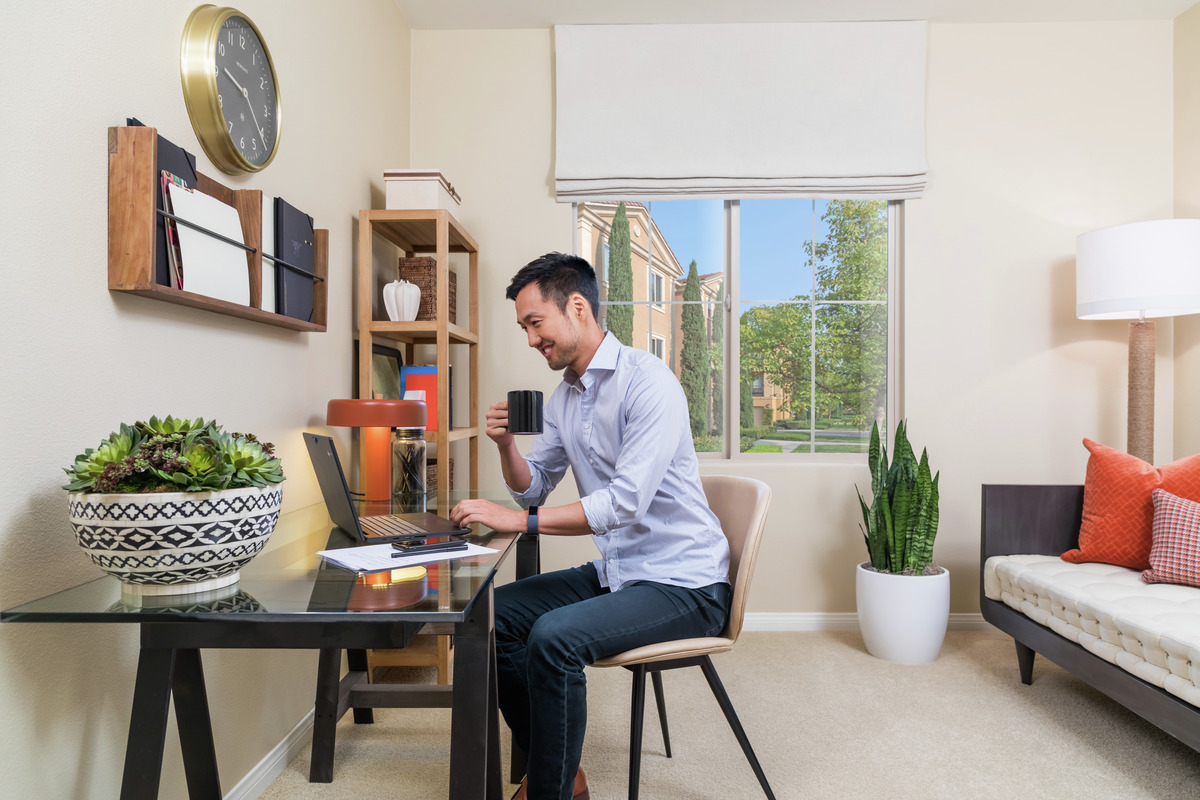
If you’re renting an apartment and have decided to move, you must give your landlord or rental company notice. Typically, this comes in the form of a Notice to Vacate letter.
According to the Department of Consumer Affairs in California, a resident must give the landlord/rental company the same number of days’ notice as there is between payments. So if you pay monthly, you’ll need to give 30 days’ notice. If your lease or rental agreement specifies a different stipulation (i.e. 45 or 60 days), you must abide by the terms of the lease.
Notice to Vacate Letter Best Practices
- Before you write your Notice to Vacate letter, read your lease. It should indicate how to deliver the notice and any other requirements needed.
- Even if your landlord doesn’t require a formal Notice to Vacate Letter, you should still send one as it can serve as a way to document your intent.
- Email your letter or mail it by certified mail to ensure the landlord receives it.
- Ensure you keep a copy of your Notice to Vacate Letter.
What to Include in Your Notice to Vacate Letter
- Your Notice to Vacate should be written politely and respectfully, even if you have disagreements with your landlord.
- The specific date you intend to vacate.
- Include your forwarding address as your landlord may need your new address to send you back your deposit.
- Your cell phone number and email address, even if you think your landlord may have it.
- Sign and date your letter to minimize any disagreements on when you alerted your landlord.
 Move-Out Inspection
Move-Out Inspection
Security deposit disputes often can be resolved, or avoided in the first place, if both you and the landlord or rental company deal with each other fairly and reasonably. For example, a landlord should not deduct from the tenant’s security deposit for normal wear and tear, and as the resident, you should not try to avoid responsibility for damages you caused.
The landlord or rental company should offer to inspect the apartment home before the tenancy ends so that you have time to fix any issues found to save potential deductions from your security deposit. During this “initial inspection,” the landlord, manager or resident services associate identifies defects or conditions that justify potential deductions from the tenant’s security deposit. As the tenant, you have the right to the inspection, but only if you ask for one. Afterwards, the landlord will provide you with an itemized list of necessary fixes or cleaning, and if your lease allows, you may make said fixes or clean-up until the date you move-out.
 Final Inspection
Final Inspection
Upon final inspection, any deduction must be reasonable in amount, and cannot be for everyday wear and tear.
Please note that upon final inspection, the landlord can deduct:
- Items identified in the initial inspection statement and that the tenant did not repair or correct.
- Items that occurred after the initial inspection.
- Items that were not identified during the initial inspection due to the presence of the tenant’s possessions. (i.e. rug covering damage to the carpet.)
- Cleaning costs if the home is not as clean as the day you moved in.
- Replacement costs for unreturned keys or remotes.
Within twenty-one calendar days after the tenancy ends, the landlord must refund any portion of the security deposit that remains after the landlord has made any lawful deduction and provide an itemization and invoices to support the deductions. Please note that if you are breaking your lease, you may be held to additional financial repercussions (be sure to check your lease terms). Breaking a lease without cause can cost you a fee of up to two months’ rent if your landlord offers an early lease break option, or as much as the remaining amount of rent due under your lease, as well as your deposit.
*Irvine Company’s Rental Living blog contains only general information. It is not legal advice, and should not be treated as such.









